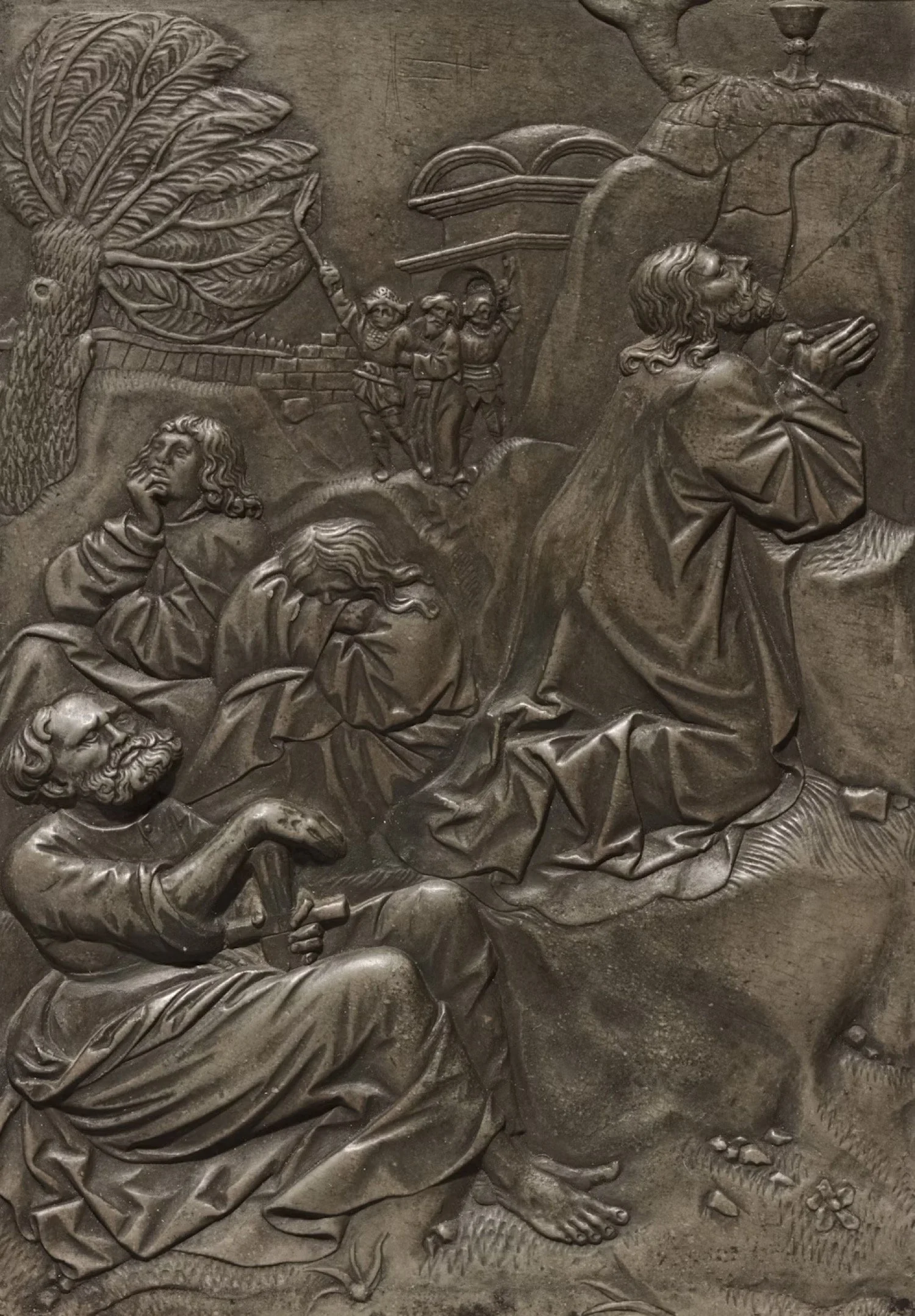Readings for today: Leviticus 1-3, Mark 1:29-45, Psalms 35:17-28, Proverbs 9:13-18
Today we come to everyone’s favorite book of the Bible...Leviticus. This is usually where well-intentioned Bible reading plans go to die. The laws seem archaic at best. They deal with issues we have little to no familiarity with as 21st century postmodern Christians living in the wealthiest nation the world has ever seen. The cultural distance is extreme and difficult to overcome. The minutiae wears down even the most faithful reader. We see little to no relevance for our lives.
And yet, Leviticus is God’s Word as much as the Pauline Epistles. The laws contained in this book are as divinely inspired as the red sections of the gospels. Reading them devotionally helps shape our hearts as much as the language of the Psalms. So how can we read in such a way that we profit from spending devotional time in this book?
Two keys principles...
First, keep in mind there are three different kinds of laws listed here. There are the ceremonial laws that governed worship. Sacrifices. Personal hygiene. Disease. Particularly focused on ritual purity, these laws were designed to create the conditions where holiness could flourish so the people could come before their Holy God without fear. Second, there are the civil laws that governed the nation of Israel. Tithing. Inheritance. Sentencing guidelines. These laws were necessary to maintain order in society, create revenue for the national government, and promote social welfare. Third, there is the moral law governing behavior. Exemplified by the Ten Commandments, these laws were designed to teach us righteousness and many of the laws governing violence, sexuality, lying, honoring parents, and Sabbath regulations were created to embed this moral law in everyday life.
The second principle to remember is that Levitical law served three overarching purposes. First, as I just mentioned above, it was given to us by God to teach us righteousness. Righteousness is not a relative category. It is not something we create for ourselves. God sets a standard for righteousness that we, as His creation, are bound to follow. The Law is this standard. Second, the Law was given to restrain evil. Because we live in a society based on the principles of proportional justice, we fail to see how radical “an eye for an eye” truly was in ancient near east culture. Setting limits or restraints on vengeance was a massive leap forward for human society and while not necessarily unique to Israel, it did set them apart. The punishment must fit the crime and be serious enough to act as a deterrent to potential future crimes. Third, and most importantly, the Law was given to teach us our need for a Savior. We cannot keep the Law. We cannot achieve righteousness on our own. Our sinful nature rebels against God’s commands and, if we’re totally honest, we find ourselves violating them on a daily basis. The Law acts as a mirror of sorts to show us the true condition of our souls. Not to make us despair but to bring us to a point where we’ll cry out to God! The Law ultimately humbles us. Brings us to our knees. Breaks our stubborn pride. It paves the way for Jesus.
As you read through Leviticus over the next several days, keep these things in mind lest you get lost the weeds of this important book. Put yourself in the place of an ancient Israelite living in abject poverty in a subsistence agragrian economy where the most important daily task is to secure enough food for you and your family. Imagine yourself living in a village with one to two hundred of your relatives. Raising kids together. Doing life together. Learning to survive together. Imagine going up to Jerusalem a few times a year to worship and the preparations you have to make for that particular journey. Then think about your own life. Do you live with the same intentionality? What would it look like if you did?
Readings for tomorrow: Leviticus 4-5, Mark 2:13-3:6, Psalms 36, Proverbs 10:1-2




